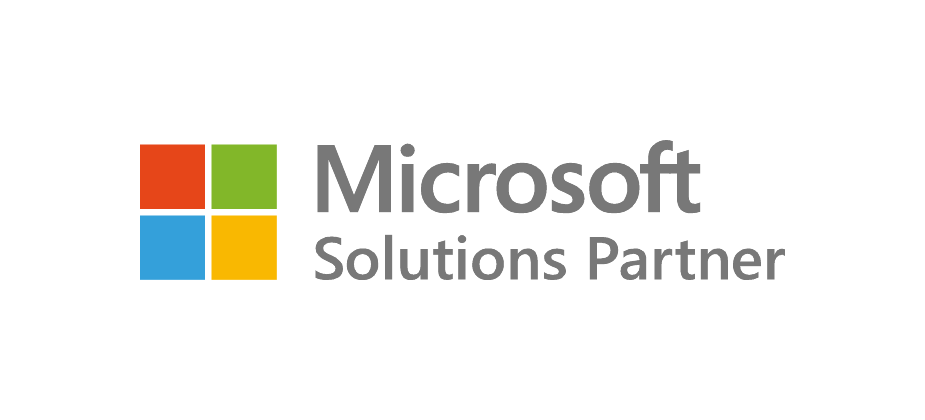
Artificial Intelligence (AI) holds immense potential to transform industries, drive innovation, and solve complex global challenges. However, with this potential comes the responsibility to ensure that AI technologies are developed and deployed ethically, transparently, and in ways that prioritize human well-being. Microsoft, a global leader in AI, is deeply committed to this cause. This blog explores Microsoft’s Responsible AI Commitment, highlighting its principles, initiatives, and the broader impact on the AI landscape.
Core Principles of Microsoft’s Responsible AI Commitment
Microsoft’s approach to responsible AI is grounded in six key principles that guide the development and deployment of AI technologies:
- Fairness:
- Microsoft strives to ensure that AI systems are designed and tested to treat all individuals and groups fairly. This involves rigorous processes to detect and mitigate biases that could lead to unfair treatment or outcomes.
- Reliability and Safety:
- AI systems must be reliable and operate safely under diverse conditions. Microsoft prioritizes the robustness of AI models, implementing extensive testing and validation to ensure consistent and predictable performance.
- Privacy and Security:
- Protecting user data is paramount. Microsoft integrates strong privacy and security measures into its AI technologies, ensuring that personal information is handled responsibly and securely.
- Inclusiveness:
- Microsoft aims to make AI accessible and beneficial to everyone, regardless of background or ability. This involves designing AI systems that accommodate diverse needs and perspectives, promoting inclusivity in technology use.
- Transparency:
- Transparency in AI development and deployment is critical for building trust. Microsoft is committed to providing clear information about how AI systems work, including the data used and the decision-making processes involved.
- Accountability:
- Accountability mechanisms ensure that AI systems are used responsibly. Microsoft holds itself and its partners accountable for the ethical use of AI, fostering a culture of responsibility throughout the AI lifecycle.
- Accountability mechanisms ensure that AI systems are used responsibly. Microsoft holds itself and its partners accountable for the ethical use of AI, fostering a culture of responsibility throughout the AI lifecycle.
Key Initiatives and Practices
To operationalize these principles, Microsoft has implemented several initiatives and practices aimed at promoting responsible AI development:
- AI Ethics Committee:
- Microsoft has established an internal AI, Ethics, and Effects in Engineering and Research (AETHER) Committee. This multidisciplinary group oversees AI development, ensuring that ethical considerations are integrated into all stages of AI research and product development.
- Ethical AI Research:
- Microsoft invests heavily in research to address ethical challenges in AI. This includes developing techniques to mitigate bias, enhance model interpretability, and ensure the robustness of AI systems.
- Guidelines and Toolkits:
- Microsoft provides guidelines and toolkits for developers to create responsible AI solutions. Tools like the Fairlearn toolkit help identify and mitigate bias in AI models, while the InterpretML toolkit aids in understanding model predictions.
- Collaborations and Partnerships:
- Microsoft collaborates with academic institutions, industry partners, and non-profits to advance responsible AI practices. These partnerships aim to foster a broader understanding of ethical AI and drive the adoption of best practices across the industry.
- Public Policy Engagement:
- Engaging with policymakers is crucial for shaping a regulatory environment that promotes ethical AI use. Microsoft advocates for policies that align with its principles of fairness, transparency, and accountability, contributing to the development of comprehensive AI governance frameworks.
Impact and Future Directions
Microsoft’s commitment to responsible AI has far-reaching impacts on the AI landscape:
- Setting Industry Standards:
- By leading with ethical principles, Microsoft sets a high standard for the industry, encouraging other companies to adopt similar commitments to responsible AI development.
- Building Trust:
- Transparent and accountable AI practices help build trust with users, customers, and stakeholders. Trust is essential for the widespread adoption of AI technologies and for realizing their full potential.
- Fostering Innovation:
- Ethical AI practices do not stifle innovation; rather, they enhance it by ensuring that AI technologies are designed to be beneficial and accessible to all. This inclusive approach fosters innovation that addresses a broader range of societal needs.
- Global Influence:
- Microsoft’s responsible AI initiatives influence global discussions on AI ethics, contributing to the development of international norms and standards that promote the ethical use of AI technologies.
Conclusion
Microsoft’s Responsible AI Commitment reflects a deep dedication to developing and deploying AI technologies that prioritize human values and societal well-being. By adhering to principles of fairness, reliability, privacy, inclusiveness, transparency, and accountability, Microsoft sets a benchmark for ethical AI practices. As AI continues to evolve, Microsoft’s commitment serves as a guiding light, ensuring that technological advancements benefit everyone and contribute positively to society.

Recent Posts
- Thinking About Leaving GoDaddy? Discover How to Gain Full Control of Your Microsoft Tenant and Boost Security
- 5 Advanced Security Features of Azure Virtual Desktop for Enterprise Protection
- Top 10 Questions IT Leaders Ask About Azure Virtual Desktop (AVD)
- How Azure Virtual Desktop Simplifies Remote and Hybrid Work for IT Leaders
- Azure Virtual Desktop vs. Windows 365: Which Cloud Desktop Solution is Right for Your Business?
Each Azure project begins with a comprehensive Azure assessment, during which our team evaluates the existing environment, tackles challenges like compatibility and security, and designs a personalized migration approach.
